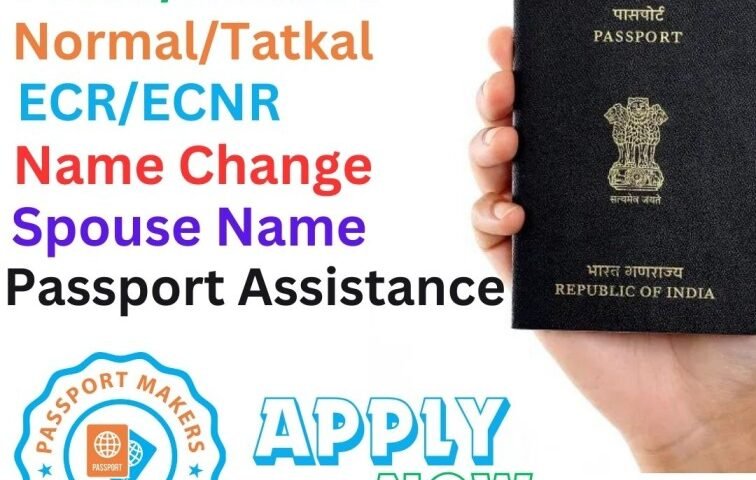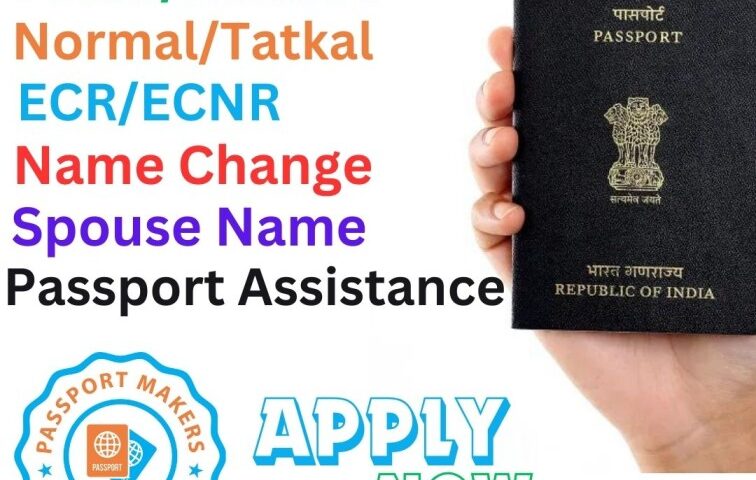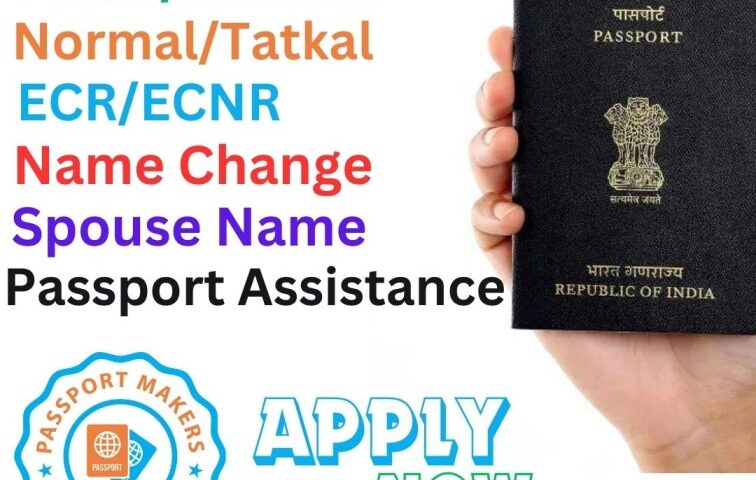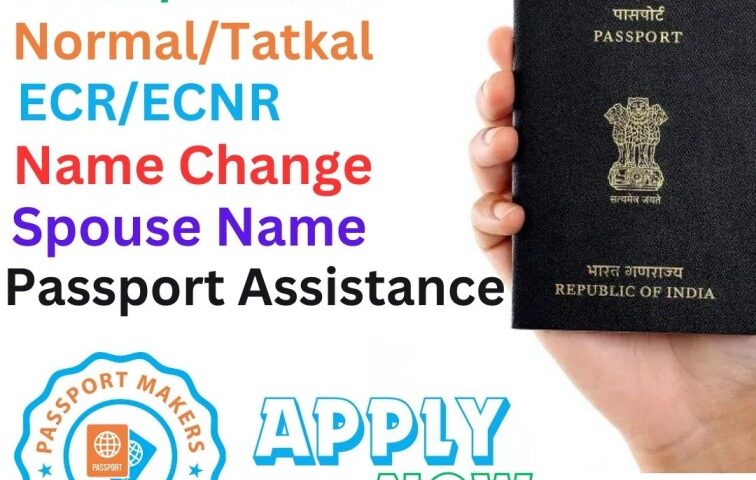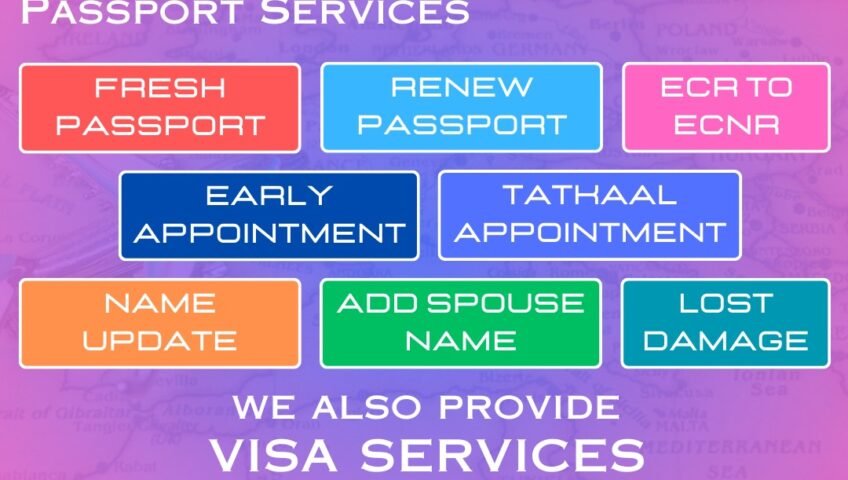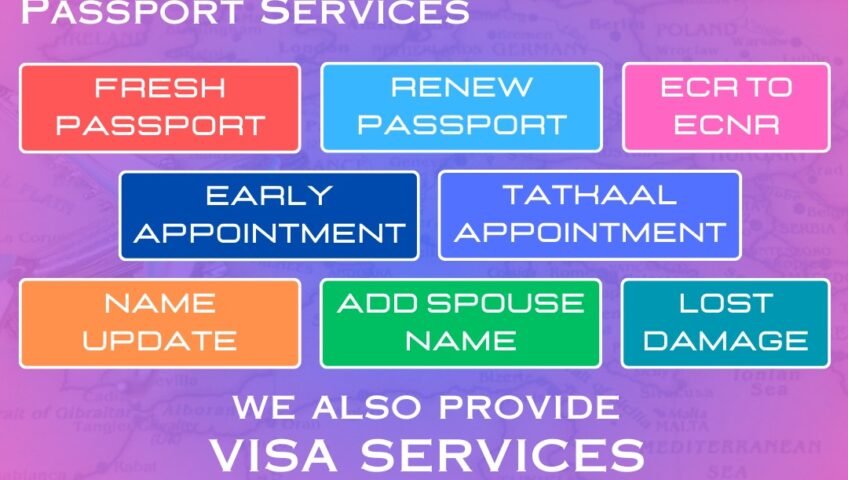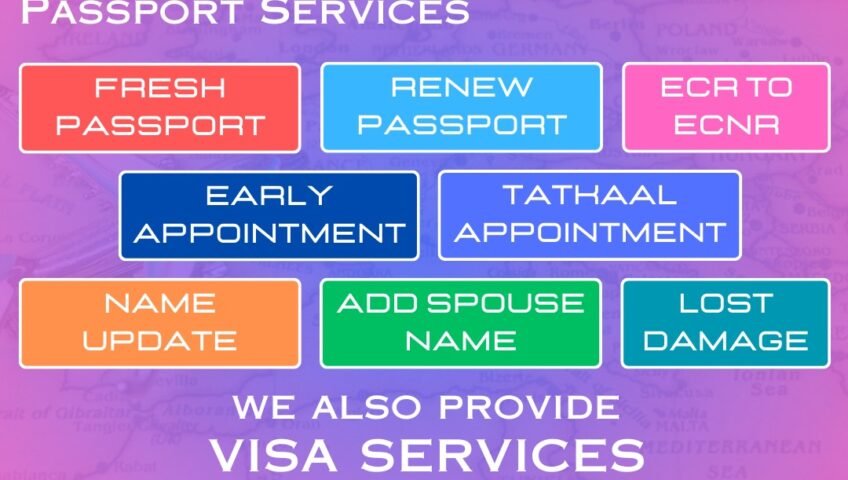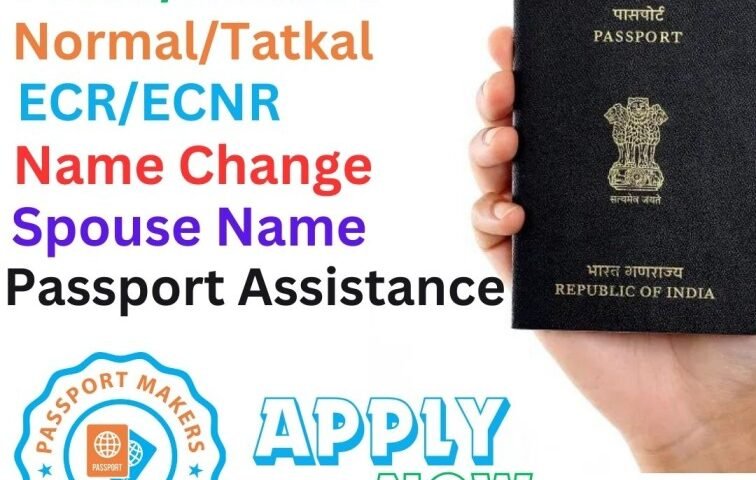
The Best Passport Agent in dwarka sector 23, delhi 9968875644
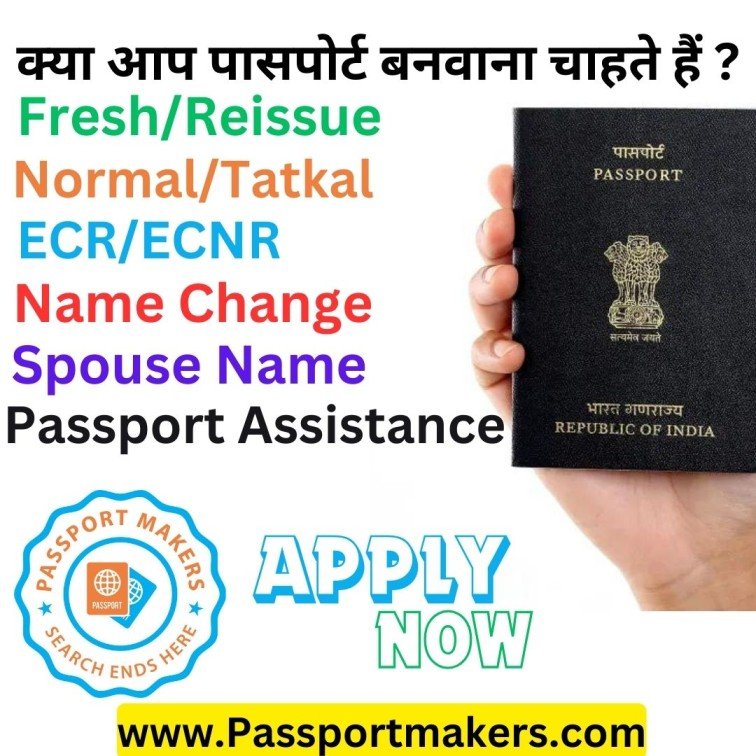
The Best Passport Agent in dwarka sector 23, delhi and in need of a passport agent, you may be wondering who is the best in the area. A passport agent can help you navigate the often complex process of obtaining a passport, ensuring that all your documents are in order and saving you time and hassle. In this blog post, we will introduce you to the best passport agent in The Best Passport Agent in dwarka sector 23, delhi. official site
Introducing Passport makers Services : The Best Passport Agent in dwarka sector 23, delhi
Passport Makers Services is widely recognized as the top passport agent in The Best Passport Agent in dwarka sector 23, delhi. With years of experience and a track record of success, they have established themselves as the go-to agency for all passport-related needs in the region. fresh passport, lost passport, tatkal passport, damage passport, passport agent in delhi, ecr passport, deletion of ecr in passport, early appointment, tatkal appointment, urgent appointment objection related solution in passport. passport makers www.passportmakers.com passport service
What sets Passport Makers Services apart from other passport agents is their commitment to providing exceptional customer service. They understand that the passport application process can be overwhelming, especially for first-time applicants, and they strive to make it as smooth and stress-free as possible.
Services Offered
Passport Makers Services offers a comprehensive range of services to meet the diverse needs of their clients. Whether you are applying for a new passport, renewing an existing one, or need assistance with any other passport-related matter, they have got you covered. fresh passport, lost passport, tatkal passport, damage passport, passport agent in delhi, ecr passport, deletion of ecr in passport, early appointment, tatkal appointment, urgent appointment objection related solution in passport. passport makers www.passportmakers.com passport service
Some of the services provided by Passport Makers Services include:
- Passport application assistance
- Passport renewal assistance
- Lost or damaged passport assistance
- Passport name change assistance
- Passport correction assistance
- Visa application assistance
- Passport-related document procurement
With their expertise and attention to detail, Passport Makers Services ensures that all your documents are in order and that you have the best chance of a successful passport application.
Why Choose Passport Makers Services?
There are several reasons why Passport Makers Services is the best choice for passport assistance in dwarka delhi
If you are in dwarka delhi and in need of a passport agent, you may be wondering who is the best in the area. A passport agent can help you navigate the often complex process of obtaining a passport, ensuring that all your documents are in order and saving you time and hassle. In this blog post, we will introduce you to the best passport agent in dwarka delhi. official site
- Experience: With years of experience in the industry, Passport Makers Services has a deep understanding of the passport application process and can navigate it with ease.
- Expertise: The team at Passport Makers Services is highly knowledgeable and stays up-to-date with the latest changes and requirements in passport regulations.
- Personalized Service: Passport Makers Services takes the time to understand each client’s unique needs and provides personalized assistance tailored to their specific situation.
- Efficiency: By entrusting your passport application to Passport Makers Services, you can save valuable time and avoid the frustration of dealing with bureaucratic procedures.
- Peace of Mind: With Passport Makers Services handling your passport application, you can have peace of mind knowing that professionals are taking care of the process and ensuring everything is done correctly.
How to Get in Touch with Passport Makers Services
If you are ready to experience the exceptional services offered by Passport Makers Services, you can get in touch with them through the following channels:
- Phone: Call Passport Makers Services at [9968875644] to speak with a representative and discuss your passport needs.
- Email: Send an email to [p4passportmakers@gmail.com] with your inquiries or to schedule an appointment.
- Website: Visit the Passport Makers Services website at [website URL] for more information and to submit a contact form.
Don’t let the passport application process overwhelm you. Contact Passport Makers Services today and let the experts take care of all your passport needs in The Best Passport Agent in dwarka sector 23, delhi 9968875644. link

